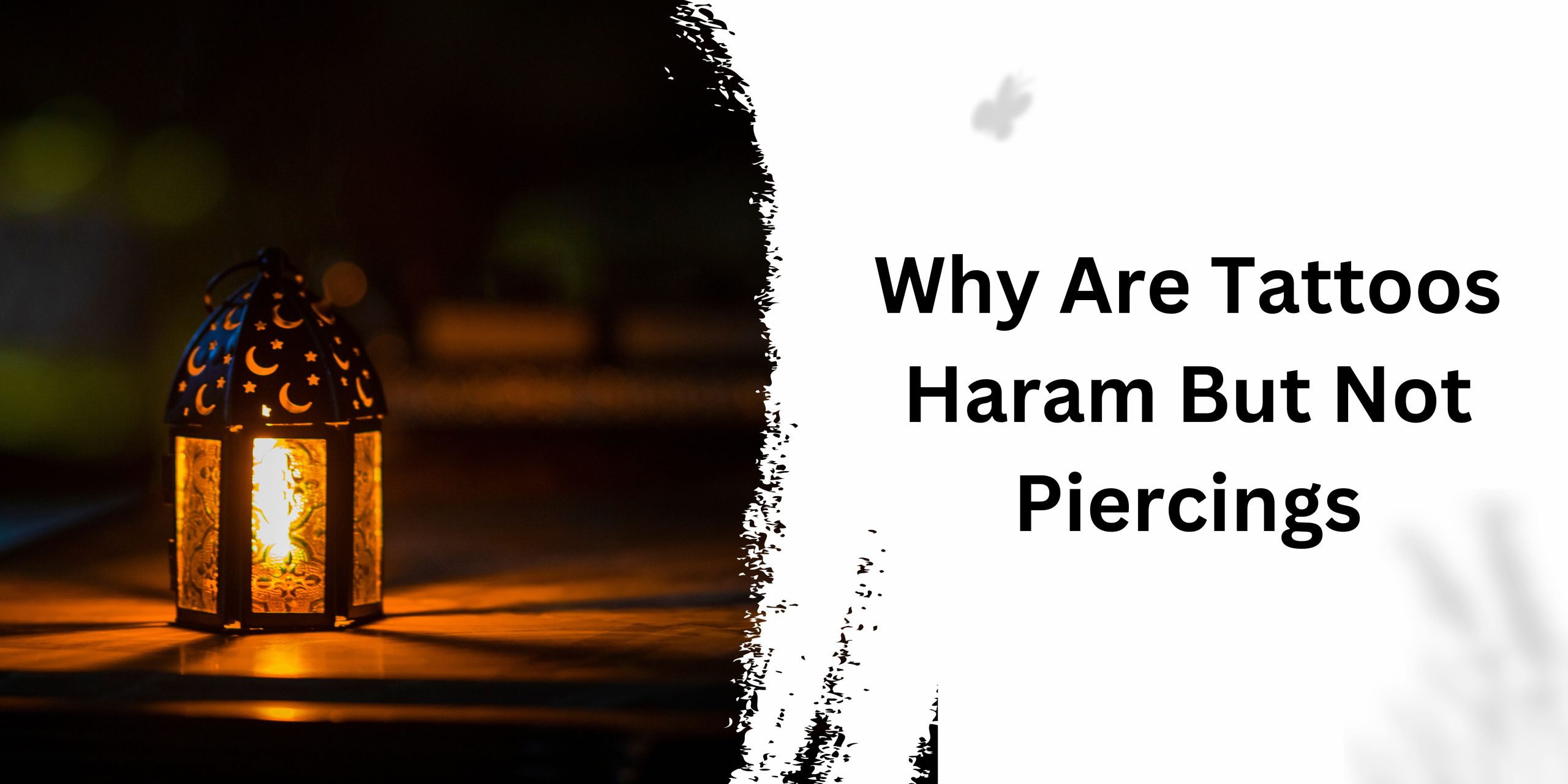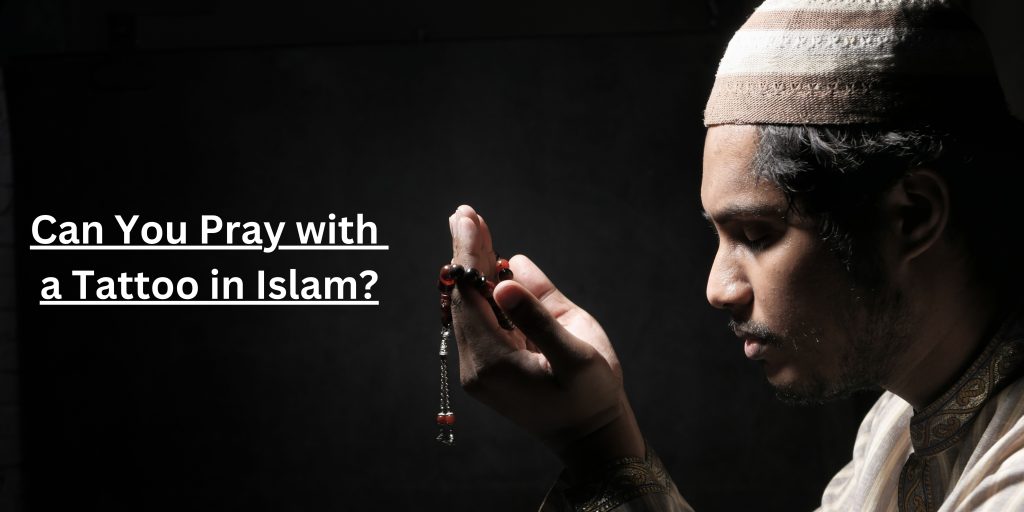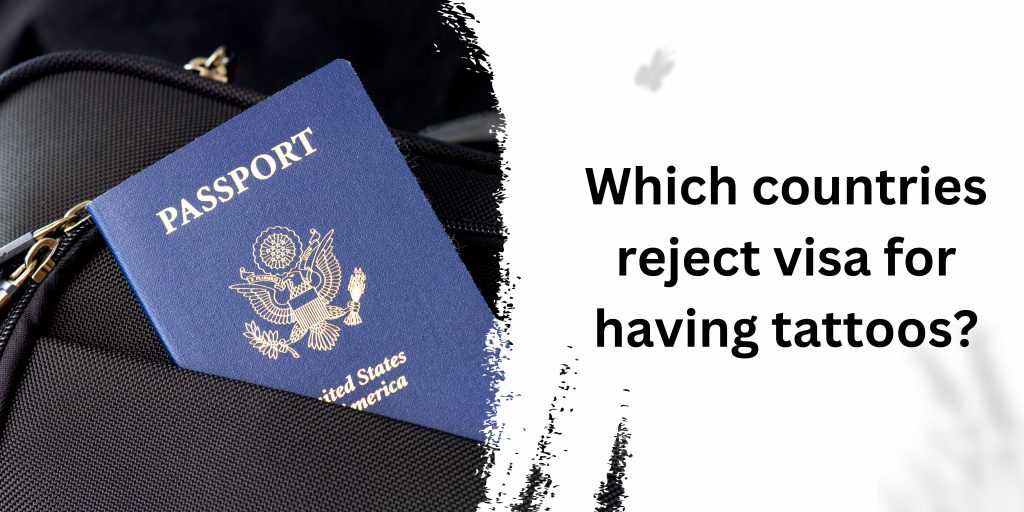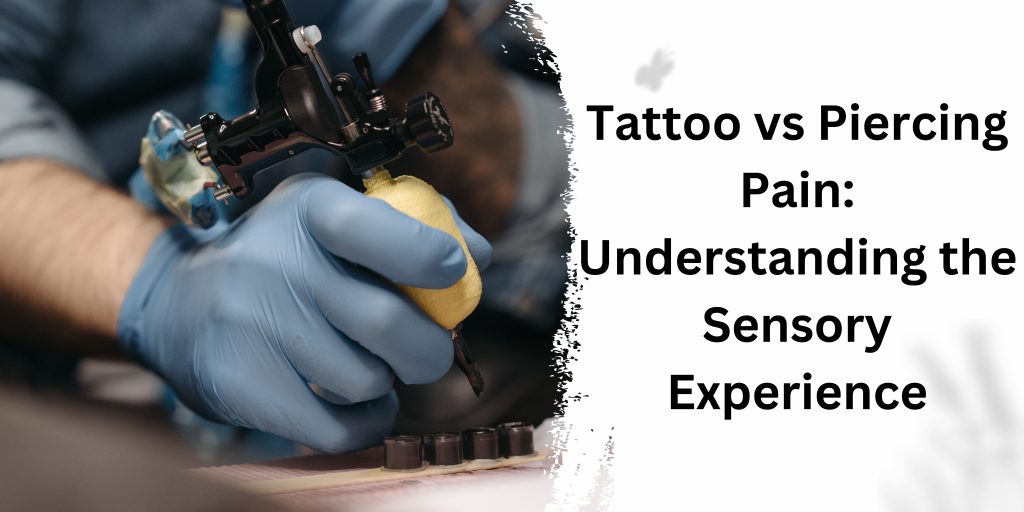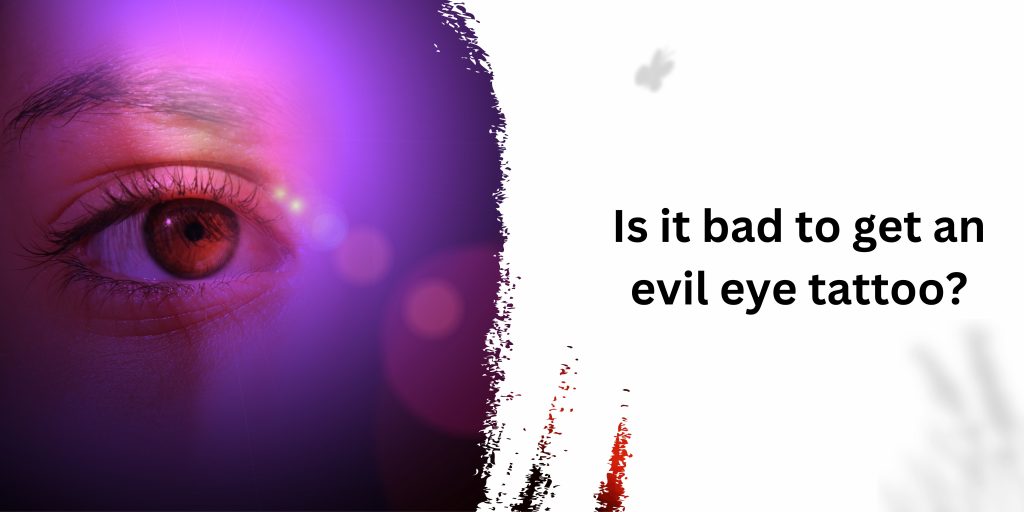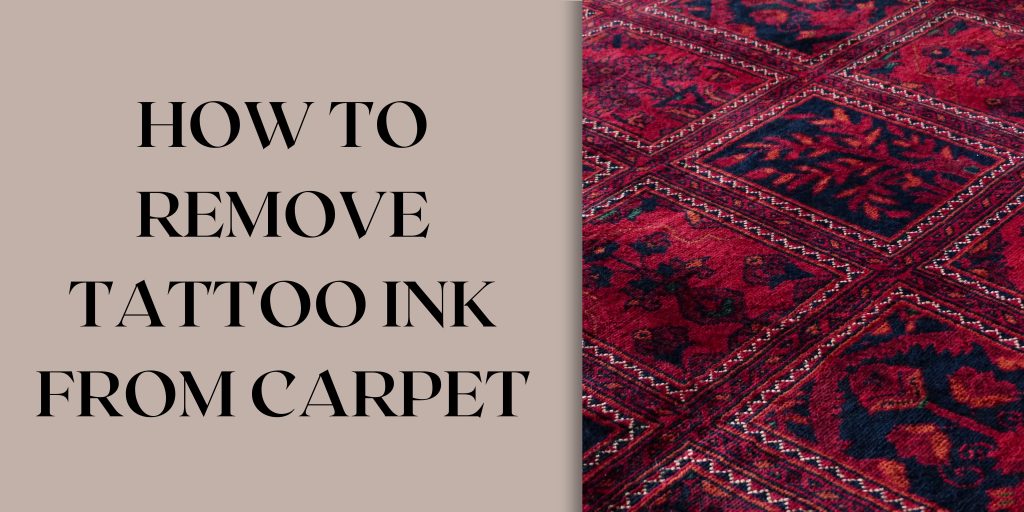In a world adorned with diverse cultural expressions, the question of body modification carries significant weight, especially within the context of religious beliefs. One such query that frequently surfaces is, “Why are tattoos haram but not piercings?” Let’s delve into this intriguing subject, exploring the religious perspectives and shedding light on the nuances that differentiate these two forms of self-expression.
Where in the Quran Does It Say Tattoos Are Haram?
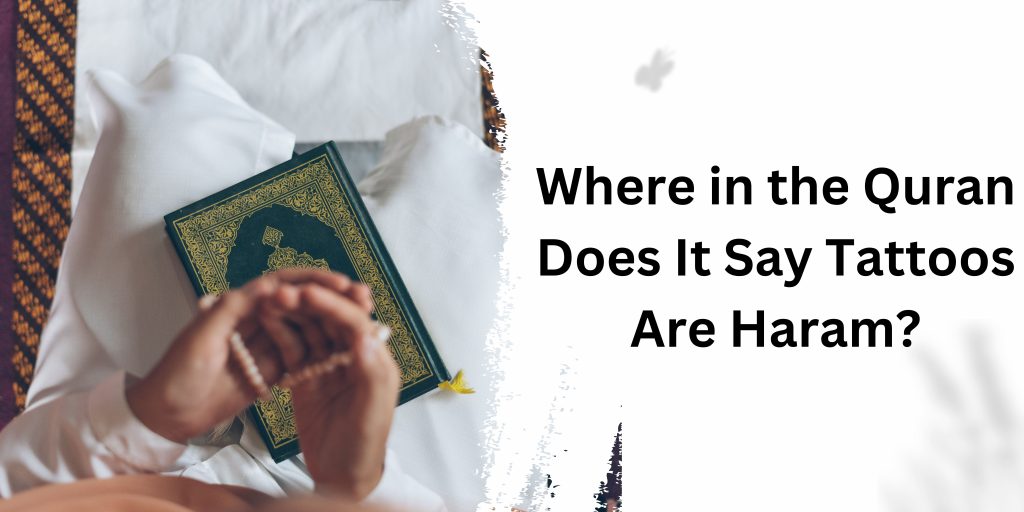
To comprehend the stance on tattoos within Islam, we must turn our gaze to the Quran, the holy book that serves as a guiding light for Muslims worldwide. While the Quran doesn’t explicitly mention tattoos, scholars derive their interpretations from broader principles.
The concept of altering the creation of Allah is a fundamental consideration. In Surah Al-Baqarah (2:195), the Quran emphasizes, “And do not throw yourselves into destruction.” This verse is often invoked to argue against tattooing, as it involves altering the natural state of the body. Islamic scholars opine that tattoos, being a permanent change to the creation of Allah, fall under the umbrella of self-mutilation and are consequently deemed haram.
However, it’s crucial to note the diversity of perspectives within the Islamic community. Some scholars contend that if a tattoo does not convey a prohibited message or symbol, its permissibility may be more lenient. As with any religious interpretation, nuances and varying opinions exist.
Why Are Piercings Not Haram?
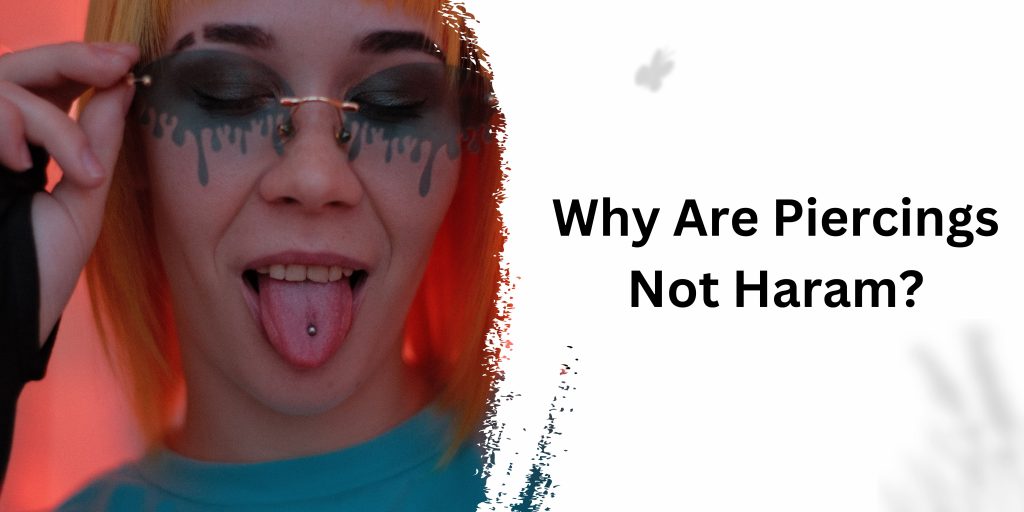
In the realm of body piercings, the narrative takes a different turn. While the Quran does not explicitly address piercings, scholars draw from the Hadith (sayings and actions of Prophet Muhammad) and cultural practices prevalent during the time of the Prophet.
Piercings have historical roots in various cultures, including pre-Islamic Arabian societies. The Prophet Muhammad himself acknowledged the practice of wearing earrings during his time. This historical context contributes to the more permissive view on piercings within Islam.
Moreover, piercing is generally considered a reversible modification. Unlike tattoos, piercings are not a permanent alteration to the body. This aspect aligns with the Quranic emphasis on avoiding permanent harm to oneself, as mentioned in Surah Al-Baqarah.
The Islamic View on Tattoos
To further unravel the intricacies of why tattoos are deemed haram in Islam, it’s essential to delve into the broader Islamic perspective on self-expression and body modification. Islam places a significant emphasis on the sanctity of the human body as a creation of Allah.
The prohibition of tattoos is often associated with the idea of “changing the creation of Allah,” as mentioned in Surah An-Nisa (4:119). Scholars argue that tattoos, being a permanent alteration, interfere with the natural state in which Allah created the human body. The act of tattooing is viewed as an act of disobedience to Allah’s divine design, and thus, it is discouraged.
Additionally, tattoos may carry cultural or religious symbols that contradict Islamic teachings. The permanence of tattoos raises concerns about the potential perpetuation of unIslamic messages, making the act of tattooing even more contentious within the Islamic framework.
The Islamic View on Body Piercing
In contrast to tattoos, body piercing finds a more lenient stance within Islam. While the Quran does not explicitly address the topic, the Hadith provides some insights. Historical evidence suggests that the Prophet Muhammad approved of ear piercings during his lifetime.
Islamic scholars argue that piercings, being a reversible and temporary modification, do not infringe upon the principle of altering Allah’s creation. The acceptance of piercings is rooted in the understanding that this form of body modification does not carry the same permanence as tattoos, aligning with the Quranic emphasis on avoiding irreversible harm to the body.
Summary
In the intricate tapestry of Islamic teachings, the perspectives on tattoos and piercings weave a nuanced narrative. The forbiddance of tattoos finds its roots in the Quranic principle of avoiding permanent alterations to the creation of Allah, while the acceptance of piercings is grounded in historical practices and the temporary nature of this form of body modification.
As individuals navigate the intersection of religious beliefs and personal choices, understanding the underlying principles becomes paramount. While the question of why tattoos are haram but not piercings may lack a straightforward answer, the exploration of Quranic verses, Hadith, and historical context sheds light on the diverse perspectives within the Islamic community.

